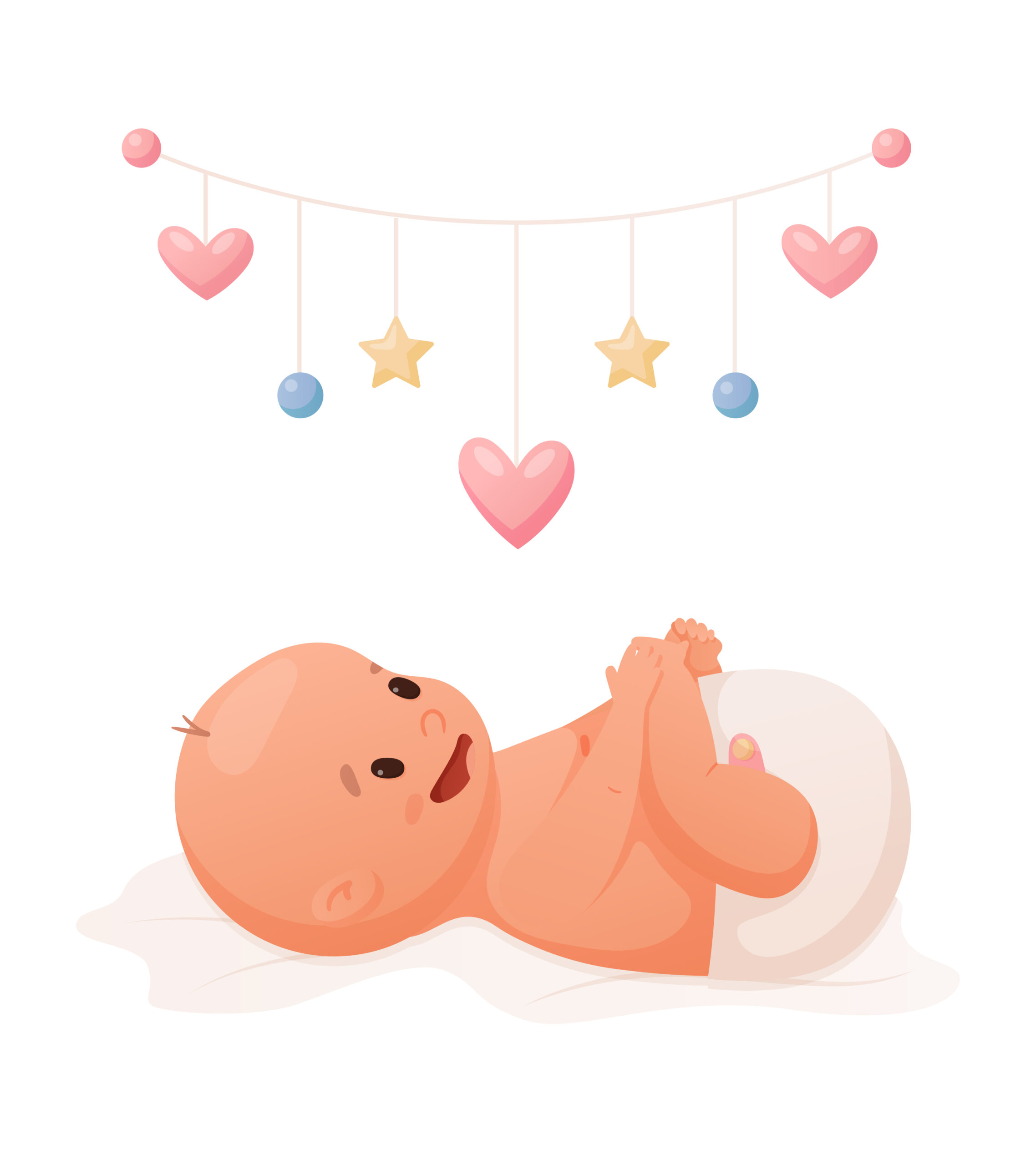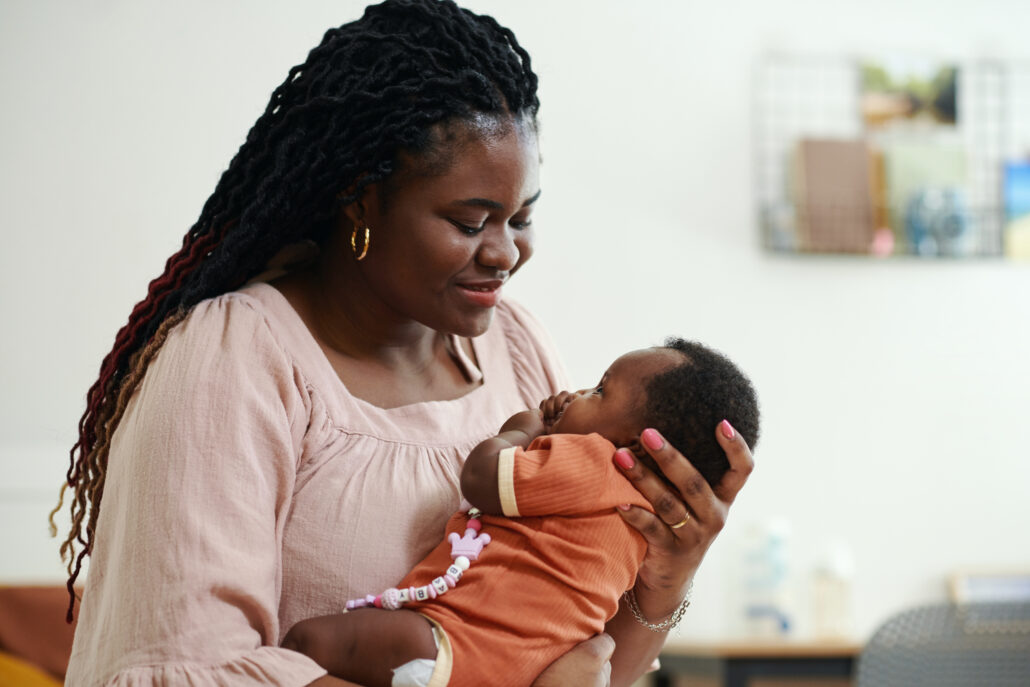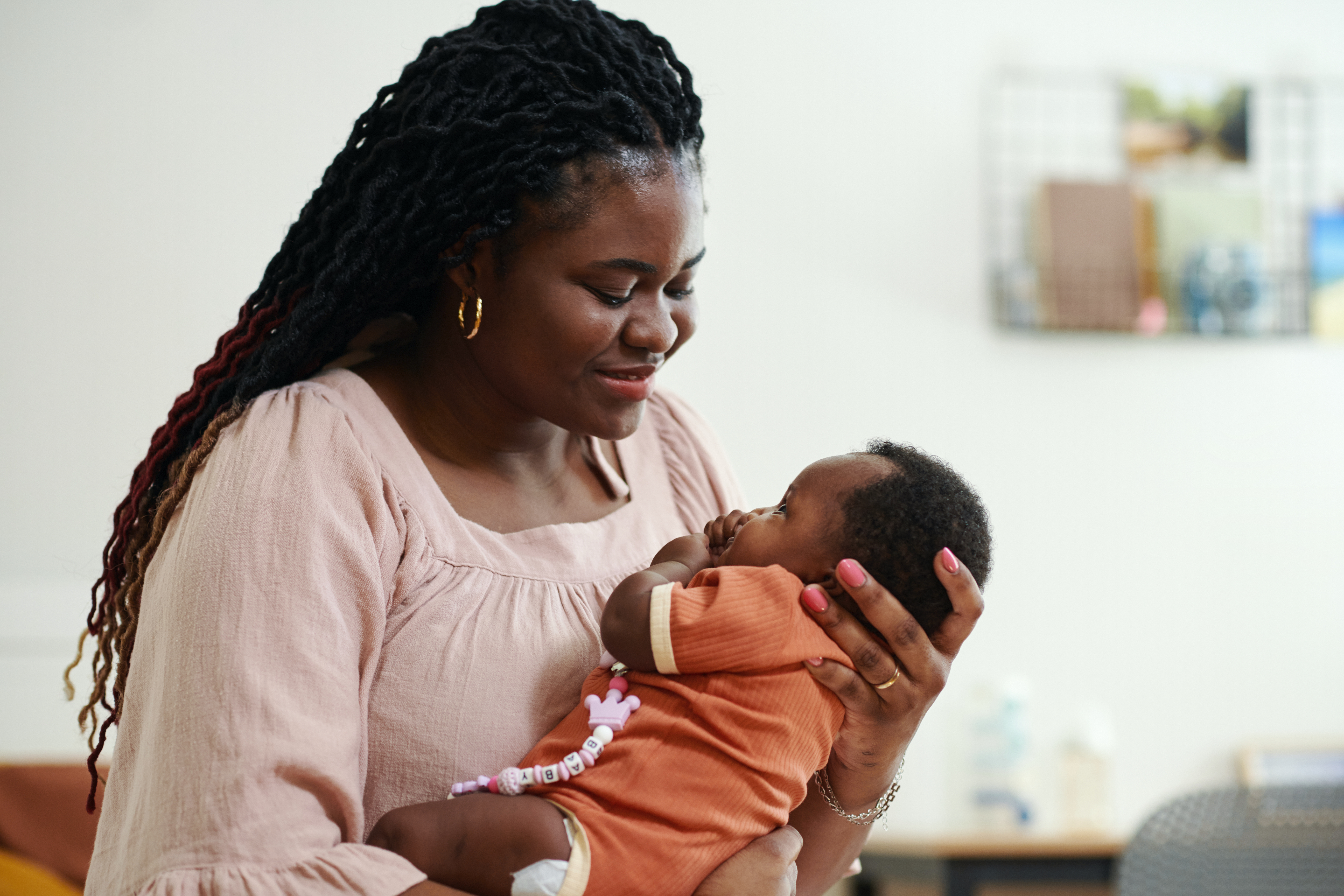Infant Sleep Research Study
Researchers at UMass Amherst are conducting a study to understand how naps help babies learn by examining how changes in brain activity during sleep contribute to memory formation.

Fast Facts

Less than 10 months old

Child Naps Regularly

3-time
points

Compensation Provided

Conducted in and around
Amherst, MA
Study Background
Researchers at UMass Amherst want to better understand how changes in brain activity during naps help babies learn and form memories.
Understanding the role of naps in early development is crucial to unraveling how sleep supports learning and memory formation in infants. Researchers aim to explore how changes in brain activity during naps may contribute to this process. During the study, infants are shown playful and unique actions using toys, and their ability to imitate these actions is tested after a few hours. Between the learning and testing phases, some infants take a nap while others remain awake. For those who nap, researchers monitor their brain activity using a cap with small, non-invasive electrodes, offering insights into the neural mechanisms at work during sleep.
This study seeks to identify specific aspects of sleep that enhance learning, shedding light on the broader importance of naps in early childhood development. By understanding how sleep supports memory formation, the research may inform recommendations for optimizing infant development and contribute to a deeper understanding of the role of naps in fostering cognitive growth during infancy.

Study Background
Researchers at UMass Amherst want to better understand how changes in brain activity during naps help babies learn and form memories.

Understanding the role of naps in early development is crucial to unraveling how sleep supports learning and memory formation in infants. Researchers aim to explore how changes in brain activity during naps may contribute to this process. During the study, infants are shown playful and unique actions using toys, and their ability to imitate these actions is tested after a few hours. Between the learning and testing phases, some infants take a nap while others remain awake. For those who nap, researchers monitor their brain activity using a cap with small, non-invasive electrodes, offering insights into the neural mechanisms at work during sleep.
This study seeks to identify specific aspects of sleep that enhance learning, shedding light on the broader importance of naps in early childhood development. By understanding how sleep supports memory formation, the research may inform recommendations for optimizing infant development and contribute to a deeper understanding of the role of naps in fostering cognitive growth during infancy.

Additional Information
This study is being done to understand how naps help babies learn by examining how changes in brain activity during sleep contribute to memory formation. The goal is to explore the role of naps in supporting early cognitive development and uncover the specific ways sleep benefits learning in infants.
You may qualify for this study if your child meets the following criteria.
Criteria for your child:
- Less than 10 months old
- Child is napping at least 2 times per day
- Child was born between 36-41 weeks
- Child has no diagnosis of a developmental delay or sleep disorder
- Child had a birth weight between 5.5 and 10 pounds
If you participate in this study, here is what you can expect:
- Flexible Scheduling: You and your baby will participate in a 3-part study when your baby is 9, 12, and 15 months old.
- Choose the Location: The sessions can take place entirely in your home or at our lab, depending on your preference.
- Two Testing Days Per Timepoint: Each time point involves two testing days. During these days, we will have sessions scheduled around your baby’s morning and afternoon naps.
- Memory Games: Before each nap, we will play a memory game with your baby to observe their learning.
- Brain Activity Measurement: During their naps, your baby will wear a cap that measures brain waves to monitor their brain activity.
- Wakefulness Session: During one of the sessions, we will try to keep your baby awake for one of their naps while allowing them to take their other nap as usual.
- Lab Amenities (if visiting us): If you choose to visit our lab, you’ll have access to a living room/waiting area, bathrooms, a full kitchen, and a bedroom equipped with a crib and bed. Reserved parking will be provided directly in front of our building.
- Family Inclusion: Other family members are welcome (though not required) to join you for the sessions.
This process is designed to be flexible and convenient, ensuring your baby is comfortable throughout the study.
Participating families will be compensated $100 per session ($200 per timepoint and $600 for the entire study) plus travel reimbursement.
There is no cost for your family to participate in our research study.
